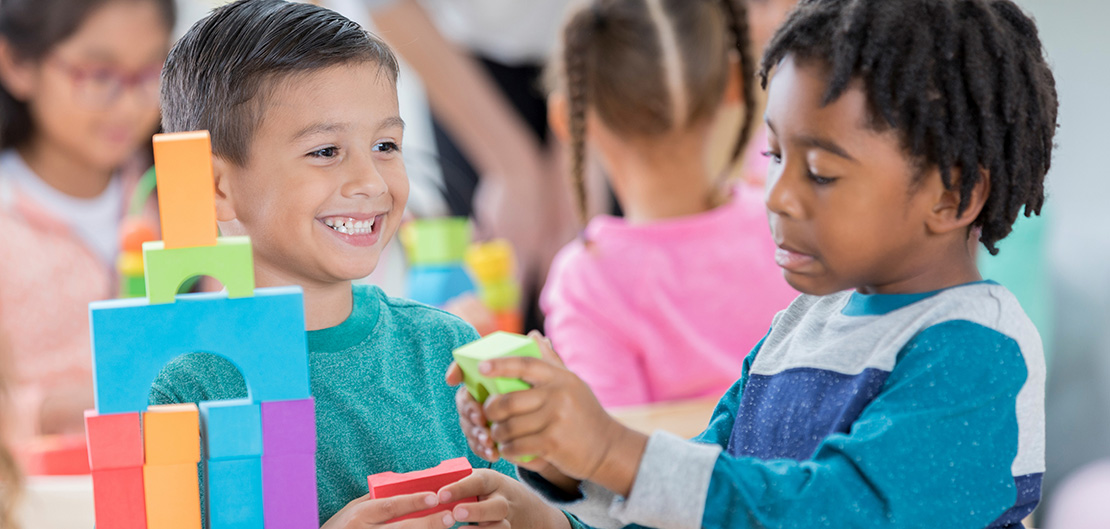Common Cognitive Challenges

Children undergoing cancer treatment may experience cognitive challenges that could affect their ability to complete activities in the classroom and remain focused during the time they are at school.
Children and teens with slower processing speeds can appear unmotivated or sluggish in their performance in class. Their slowed processing requires them to spend more time than the average student to complete their school work. Children and teens with this issue may have feelings of anxiety, nervousness, or fear if they are called on in class and do not have enough time to respond.
Children and teens who experience short term memory loss can find it difficult to remember concepts and information that are taught in class daily, even with review. This memory loss can affect a student’s performance on tests and assignments.
Children and teens may experience attention concentration issues following cancer treatment. Some medications can affect attention and concentration while also causing pain and discomfort. Students may need breaks and reminders during class lessons to help them focus.
Children and teens may need assistance planning and organizing their classwork in order to complete their assignments. Teachers and parents can assist in writing and completing assignments, help prepare for upcoming tests and projects, and help keep notebooks and materials organized.
The late effects of chemotherapy and radiation can make processing complex information or completing tasks with multiple steps difficult for children. It could be beneficial for teachers to give oral and written directions, define the task with fewer steps at a time, and check for clarification and understanding from the student.
A student’s progress in math, reading, and physical activities can be affected due to difficulties organizing and processing visual information after a cancer diagnosis. The use of visuals and hands-on activities in classroom instruction can help strengthen these deficits.
Children and teens can experience difficulty with word retrieval which includes finding the words they want to say and write. The student may need additional time to form their thoughts during classroom instruction.
A neuropsychological test is a testing report which assesses the student’s academic ability and learning strengths, linking these to a student’s brain function. The test measures areas such as attention, memory, language, I.Q., visual-spatial skills, academic skills, problem solving, and social-emotional functioning. After these tests are performed, a neuropsychologist uses the results of the tests to give a diagnosis and develop a treatment plan for the child or teen being tested.
The follow section lists some neuropsychological testing facilities in South Carolina:
- Prisma Health Children’s Hospital - Columbia
- Prisma Health Children’s Hospital - Greenville
- Medical Univeristy of South Carolina (MUSC)
- Medical Univeristy of South Carolina Children's Health
- Island Neuropsychology
- SCNeuro
There are independent providers in the state of South Carolina in addition to these facilities listed.
ResourcesParents can use the article Neuropsychological Testing: An Excerpt from Educating the Child from the American Childhood Cancer Organization (ACCO) to understand neuropsychological testing and read the information relating to Pediatric Neuropsychology from the American Academy of Clinical Neuropsychology to review answers to common questions about testing and evaluations.
Find organizations and support services for children and teens diagnosed with cancer using the Pediatric Cancer Resource Guide from the South Carolina Cancer Alliance.
[1] Alma, Morgan. “Childhood Cancer Education Toolkit Parent Section.” ASK Childhood Cancer Foundation. Accessed December 5, 2023. https://www.askccf.org/_files/ugd/44e813_74672b9bfdf64b0d95f339b5cbf2829e.pdf.
[2] “What is Neuropsychological Testing?.” Lifestance Health. Accessed March 5, 2024. https://lifestance.com/services/neuropsychological-testing/.